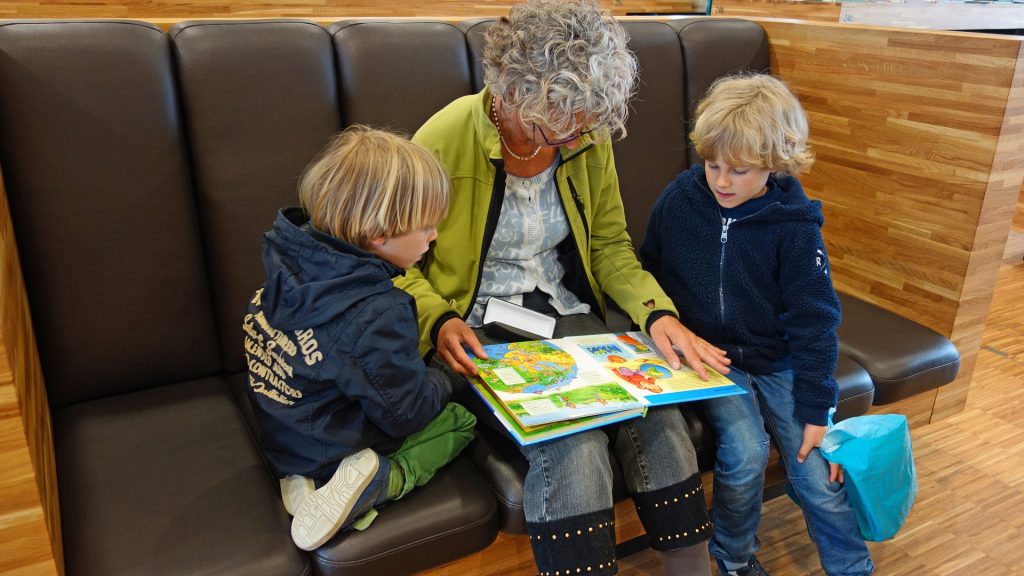The difference between adoptions and guardianships are significant:
- Legal guardianships are temporary legal relationships where a trusted adult provides care for a child while the parent maintains a degree of parental rights.
- Adoption, on the other hand, terminates a parent’s rights and obligations to the child, severing all ties unless there is a special agreement to continue visitation between the parties.
The Role of the Guardian
A guardian’s responsibilities typically include providing the day to day needs of a child. If the child has financial assets the guardian may manage the child’s estate until they turn 18.
Guardianships may be open ended or terminate on a specific date depending on how they were set up. If it is an open ended arrangement, the guardianship will either terminate when the child reaches the age of majority or when the guardian resigns or is no longer able to perform their duties. A judge can also make the determination that the guardian no longer serves the child’s best interests and terminate the guardianship.
Do I Need to Set Up a Guardianship?
There are many situations where a family member or good friend takes over the day to day care of a child on a temporary basis. Many who are caring for children informally may wonder if is necessary to obtain legal guardianship.
The answer is probably not if a child stays with a relative or friend for a few days or weeks. However, if a child ends up staying for an extended stay, perhaps stretching into months or a year, a legal guardianship may be advisable. It is always a good idea to discuss your concerns with a family law attorney before allowing someone else’s child to reside in your home.
When you have questions regarding a legal guardianship of a child or a Wisconsin private adoption, contact Probst Law Offices for answers at 262-210-3135.

